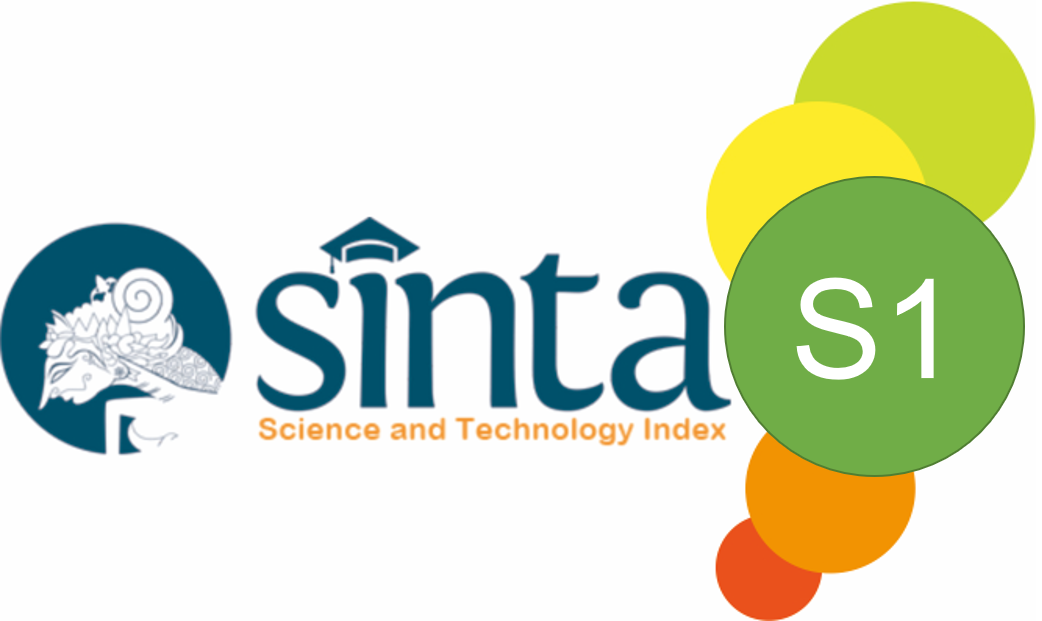An Instructional Design for Online Learning in Vocational Education according to a Self-Regulated Learning Framework for Problem Solving during the CoViD-19 Crisis
Abstract
This study used multimedia games as instruments for critical thinking activities based on the Self-Regulated Learning (SRL) framework for the CoViD-19 crisis, supported by achievement tests and questionnaires. The results showed that the present method is effecttive to improve students' learning achievement, confirmed by the higher posttest results compared to than those of the pretest. The educational goals of SRL theories were developed through student-directed instructional design online where the students' guide made some input into their learning processes. The students' satisfaction in learning with the SRL framework for the CoViD-19 crisis gained a high level, informing that the SRL framework for problem solving during the CoViD-19 crisis was useful for teaching and career training. Teaching styles (such as the stable focus, orientation, or intent) constituted the entire patterns of teaching behaviors. This study implies that a self-directed learner can be described as being self-managing in a situation where the individual is engaged in student-centered instructions.
Keywords
Full Text:
PDFReferences
Al-Najar, H., & El Hamarneh, B. (2019). The Effect of Education Level on Accepting The Reuse of Treated Effluent in Irrigation. Indonesian Journal of Science and Technology, 4(1), 28-38.
Crane, A. (2013). Modern slavery as a management practice: Exploring the conditions and capabilities for human exploitation. Academy of Management Review, 38(1), 49-69.
Fuchs, L. S., Fuchs, D., Kazdan, S., Karns, K., Calhoon, M. B., Hamlett, C. L., & Hewlett, S. (2000). Effects of workgroup structure and size on student productivity during collaborative work on complex tasks. The Elementary School Journal, 100(3), 183-212.
Hidayat, D. S., Rahmat, C., Fattah, N., Rochyadi, E., Nandiyanto, A., & Maryanti, R. (2020). Understanding Archimedes Law: What the Best Teaching Strategies for Vocational High School Students with Hearing Impairment. Journal of Technical Education and Training, 12(1), 229-237.
https://www.bangkokbiznews.com/news/detail/877622, retrieved on April 24, 2020.
https://www.bangkokpost.com/opinion/opinion/1643672/how-vocational-education-can-build-the-nation, retrieved on March 13, 2019
https://www.bbc.com/worklife/article/20200327-unemployment-during-coronavirus-the-psychology-of-job-loss, retrieved on March 28, 2020.
Likert, R. (1932). A technique for the measurement of attitudes. Archives of Psychology, 140, 1-55.
Nuthall, G. (2004). Relating classroom teaching to student learning: A critical analysis of why research has failed to bridge the theory-practice gap. Harvard educational review, 74(3), 273-306.
Sangsawang, T., Jitgarun, K., & Kaittikomol, P. (2006a), Students' self appraisal for online learning, in Asia Pacific Educational Research Association International Conference, November 28-30, 2006, The Hong Kong Institute of Education of Hong Kong, SAR China (pp. 1-5).
Sangsawang, T., Jitgarun, K., & Kaittikomol, P. (2006b). Comparison of selected psychology theories as in gagné's, constructivism, and constructionism, In The 4th International Conference on Developing Real-Life Training Experiences: Education Reform through Performance-Based Training, July 13-14, 2006. KMITL, Bangkok, Thailand (pp. 327- 328).
Sangsawang, T., Jitgarun, K., & Kaittikomol, P. (2006c). A learning strategy suitable for learners' self-discovery", in EDU-COM 2006 Engagement and Empowerment: New Opportunities for Growth in Higher Education, November 22-24, 2006, Nong Khai Campus of Khon Kaen University, Nong Khai, Thailand (pp. 619).
Sangsawang, T., Jitgarun, K., and Kaittikomol, P. (2007). A synthesis of meaningfulness of training theories as in Gagné's, constructivism, and constructionism towards online training and instructional design, in The ICAST Asian Symposium 2007 Science Education for all: Towards Sustainable Development Regardless of Resource, November 6-9, 2007, Pattaya Thailand (pp. 1-11).
Sangsawang, T., Jitgarun, K., & Kaittikomol, P. (2011). An internet-based instructional design framework for vocational education, International Journal of Soft Computing, 6(4), 119-127.
Sangsawang, T. (2015). Instructional design framework for educational media. Procedia-Social and Behavioral Sciences, 176, 65-80.
Sankale, J. (2019). Determinants of demand for technical and vocational training among the Youth in Kajiado County, Kenya (Doctoral dissertation, Jkuat-Cohred).
Utakrit, S. (1999). The technical-vocational education and training system in Thailand. International Journal of Sociology, 29(1), 42-65.
DOI: https://doi.org/10.17509/ijost.v5i2.24702
Refbacks
- There are currently no refbacks.
Copyright (c) 2020 Indonesian Journal of Science and Technology

This work is licensed under a Creative Commons Attribution-ShareAlike 4.0 International License.
Indonesian Journal of Science and Technology is published by UPI.
View My Stats





















